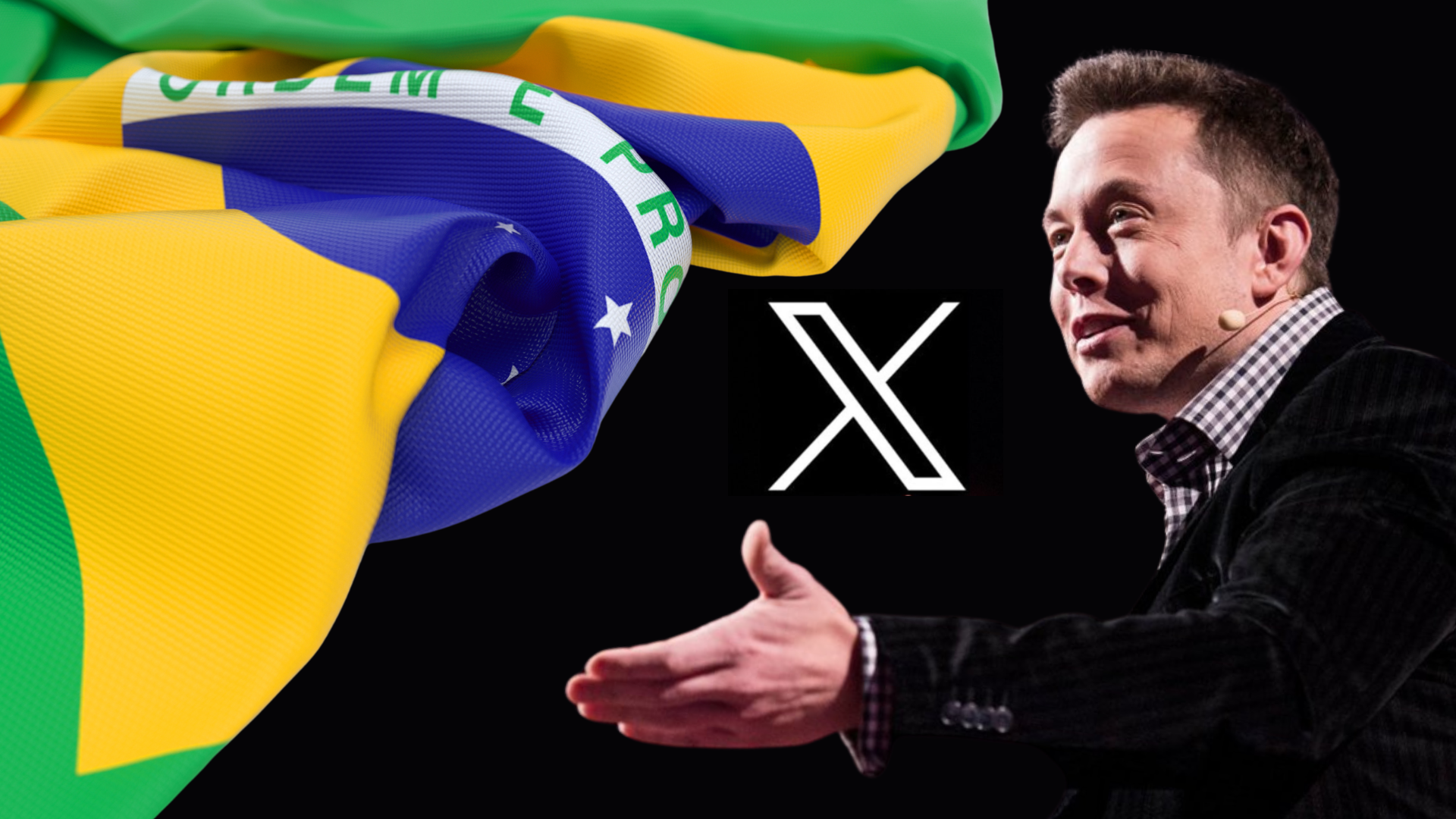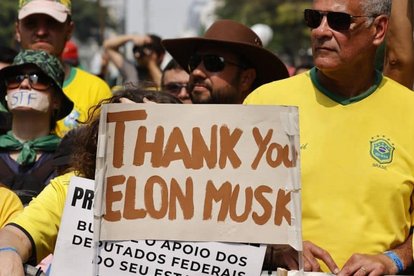Brazil
Blocking X in Brazil: A Threat to Freedom

The recent decision by Minister Alexandre de Moraes to block the social network X in Brazil is not only a legal measure, but an action that has profound and worrisome implications for democracy, press freedom and freedom of expression in the country. To understand the scope and consequences of this decision, it is essential to analyze the motives behind it, the criticism it has generated, and the potential impact on Brazil's democratic framework. This joins the list of countries that have blocked X. These include China, Russia, North Korea, Turkmenistan and Myanmar. This decision raises concerns for freedom of expression, freedom of the press and the future of democracy in the country and the region.
The blocking of X arises as a result of the refusal of the platform, and of Elon Musk himself, to comply with a court order requiring it to appoint a legal representative in the country. The fact of not having a legal representative in the country and not responding to the claims of the Brazilian justice expose Elon Musk and X of not respecting the country's legislation, opening the debate regarding the regulation of digital platforms. This adds to the criticism of the platform regarding the lack of transparency in content moderation, thus contributing to misinformation and the spread of false news.
With this measure, Minister Moraes is seeking to prevent the creation of a “lawless country environment” in which hate speech, racism and anti-democratic content can circulate unchecked. Moraes argued that, by not complying with legal requirements, X was allowing the dissemination of content that could negatively interfere in the 2024 municipal elections, which will be held next October 6 and October 27 respectively (the second round), for those municipalities with more than 200,000 voters where the candidates do not reach an absolute majority.
Likewise, the blocking of the platform generates impact and concern in terms of disinformation, mainly in reference to foreign influence in the region, as is the case of Russia and China. Latin America has not been exempt from the spread of fake news, much of which originates from abroad. Russia has been singled out for its digital interference in global elections, while China has made progress in consolidating its influence through the control of information flows. In this framework, the closure of X in Brazil could have unintended effects, instead of combating disinformation it could push citizens to use less regulated platforms, thus increasing the risk of exposure to narratives manipulated by foreign actors.

Protesters aligned with former Brazilian president Jair Bolsonaro take part in a mobilization on September 7, 2024, on Paulista Avenue in Sao Paulo, Brazil.
© © Photo: EFE/ Sebastiao MoreiraSecurity vs Freedom: Implications of the Digital Blockade in Brazil
The argument based on the protection of public order and legality raises a question to ponder: How can blocking a communication platform be justified in the name of public security? Is this not a direct attack on freedom of expression? State intervention in digital platforms always carries the risk of restricting access to information and limiting freedom, two essential components of a free and democratic society.
In an interconnected world, social networks play a fundamental role in the dissemination of information, social mobilization and individual expression. By blocking X, the Brazilian government is closing an important door to public debate, social criticism and citizen participation. In addition, the decision to impose a daily fine on those who attempt to access X through virtual private networks (VPNs) is a measure that further reinforces censorship. VPNs are tools commonly used by journalists, activists and citizens to circumvent restrictions and access information in contexts where press freedom is under threat. By criminalizing their use, the effort to maintain open and free communication is being criminalized, which has a direct effect on freedom of expression.
The suspension of the platform has a substantial economic impact. X has unpaid sanctions and fines in the country and the purpose of this blockade is to ensure the payment of these fines, which amount to 18 million reais (approximately USD 3,200,000). Without a legal representative in Brazil to respond to these sanctions, the Supreme Federal Court has chosen to freeze the financial resources of Starlink, a company that provides internet services in areas where access is limited.
It is essential to consider the implications of this decision for the future of democracy in Brazil. The blocking of X, although it can be reversed if the platform complies with court orders, sets a worrying precedent. Social networks are not only entertainment platforms; they are spaces where citizens express themselves and promote debate and exchange. By limiting access to these platforms, citizens' ability to actively participate in the democratic life of their country is restricted.
The decision to block X in Brazil poses a threat to freedom in the country and in the region. Although this measure is justified by the need to maintain public order and ensure fair elections, the impact on freedom of expression and freedom of the press cannot go unconsidered. This case underscores the importance of balancing security and law enforcement with the protection of citizens' rights, a challenge that Brazil, like many other democracies, must face with caution and responsibility.
